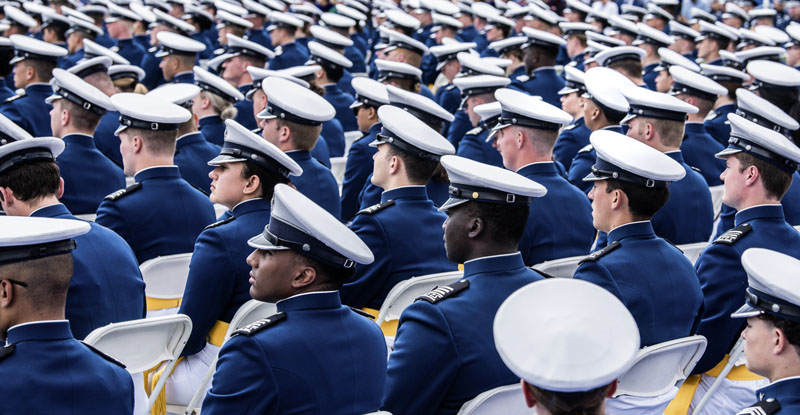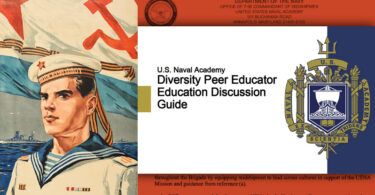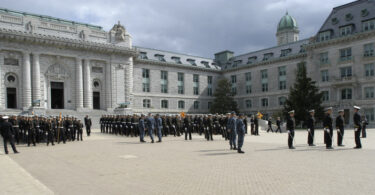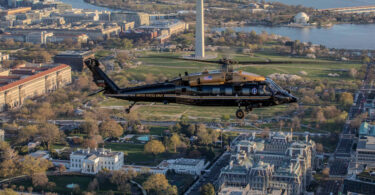The nation’s military service academies now enroll far more people of color than they did at the turn of the century, as administrators seek future officers who will reflect the diversity of the forces they will lead and the country they defend.
The share of cadets at the U.S. Military Academy in West Point, N.Y., who identify with a racial or ethnic minority group ramped up from 20 percent in 2000, according to federal education data, to 36 percent in 2021.
That minority share of midshipmen at the U.S. Naval Academy in Annapolis, Md., rose in that time from 19 percent to 37 percent. Similar trends held at the Air Force and Coast Guard academies.
But the Supreme Court could soon prohibit what the Biden administration calls a vital element of this transformation: a policy allowing colleges to consider race in the selection of an entering class.
The court is weighing whether to ban race-conscious admissions in cases involving Harvard University and the University of North Carolina at Chapel Hill. A ruling is expected within a few days or weeks.
More than 30 prominent retired generals and admirals argue in an amicus brief the court should uphold the race-conscious policies. Just as diversity matters on college campuses, they say, it matters within military leadership.
“It’s a key aspect in creating a trust relationship with our client, the American people,” said retired Army Lt. Gen. Robert L. Caslen Jr., the superintendent at West Point from 2013 to 2018, who joined the brief. “It makes you a lot stronger organization — more tools, more talents. … We’re not lowering standards whatsoever.” . . .
. . . . Within the military community, there is much debate about methods of obtaining racial diversity. A group called Veterans for Fairness and Merit, which said it represents hundreds of veterans from enlisted and officer ranks, argues that there is no rationale for race-conscious admissions at the academies.
The “military’s use of racial preferences today is unquestionably harmful to our national security,” the group said in an amicus brief to the high court. “Such preferences are antithetical to the ‘selfless servant,’ colorblind culture necessary for our military to prevail on the battlefield.” . . .. (read more on Washington Post)
Veterans for Fairness and Merit amicus brief to Supreme Court (PDF)








Leave a Comment